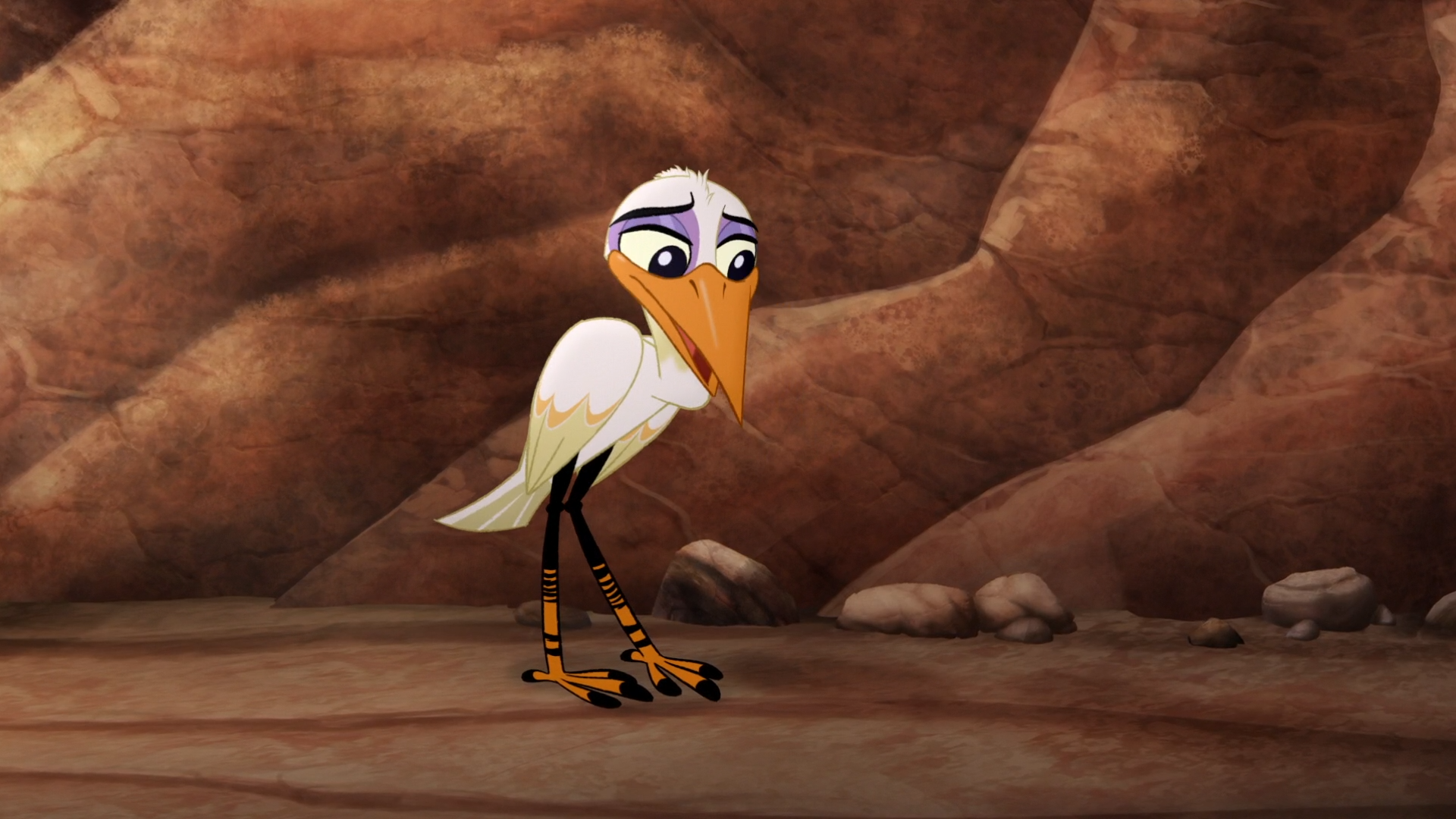
It was only in 2000 that Malan’s piece in Rolling Stone awakened international attention to the genealogy of the song. Two of his children had already died before him, reportedly out of malnutrition, perhaps, revealing more than anything, the depth of his poverty.

The Lion King.Ībilene Music Group, which owned the worldwide rights to the song, licensed Disney to use it. But perhaps, in modern times, our coming to celebrate this song was thanks to Disney’s stage musical and animated film. Miriam Makeba, Jimmy Cliff, Jimmy Dorsey Yma Sumac among others, all have their versions of The Lion Sleeps Tonight. Between 1961 and the 90s, the song will be covered by big names to chart-topping appreciations. The Tokens sang Weiss’ lyrics and it was an instant hit. The most identifiable and popular rendition of Mbube was done in 1961, by George David Weiss who was commissioned to add lyrics to the acapella chant. For those 10 shillings and a job as a janitor in the Gallo studios, Linda was convinced to hand over the rights to the song. Gallo of Gallo Records, the studio that had recorded the song in Africa, then approached Linda with an offer. Seeger would later claim that after he knew of the original composer, he sent a $1000 to Linda through Eric Gallo. the Weavers, re-recorded the song in 1952, singing it their way but Linda was not credited. The song remained as Linda had recorded it until American folk singer, Pete Seeger listened to it and thought he heard “wimoweh” instead of “mbube zimbe”. It is said the inspiration for these words came as a result of cattle-herding, an arguable rite of passage for Zulu boys who had to protect their cows from lions. In his song, Linda was saying, “mbube zimbe”, meaning “Lion, stop!”. And it affected the integrity of the song. What followed from this point is the history of one successful record with a thousand false fathers. It was recorded in South Africa and polished in the UK and the song became an immediate hit in both countries and in Europe. He just opened his mouth and out it came, a haunting skein of fifteen notes that flowed down the wires and into a trembling stylus…,” writes Malan.

“He hadn’t composed the melody or written it down or anything. Malan even claims that the song was not initially written Solomon practically freestyled into existence, one of the greatest songs of the 20th century. Mbube was birthed as part of the group’s repertoire. They were even credited with inventing the genre of isicathamiya, an acapella-styled sound founded in the vein of Zulu musical and dance culture. Rian Malan wrote for Rolling Stone about Linda and his friends: “Within two years they turn themselves into a very cool urban act that wears pinstriped suits, bowler hats and dandy two-tone shoes.”

They sang at weddings, parties and anywhere Linda’s falsetto and lyrical ingenuity were required. More specifically, it was Solomon Linda and the Evening Birds.

And then later with the Carlton Hotel, where the love of music and the need for quid moved Linda to form a singing group.įive other young men from Pomeroy came together with Linda to form the Evening Birds. Linda found a job with a furniture shop, the Mayi Mayi. It was a mining town that needed miners, usually young men who had left villages in search of pleasant lives. About a century ago, Johannesburg held promise.


 0 kommentar(er)
0 kommentar(er)
